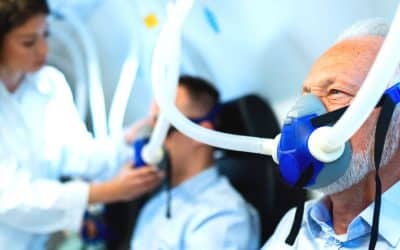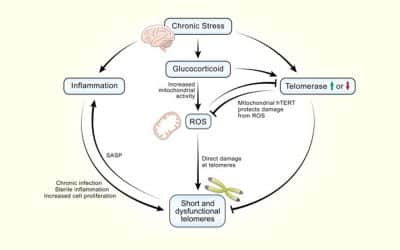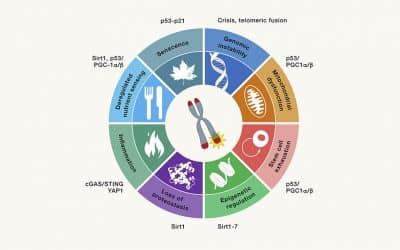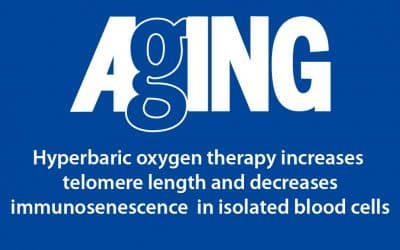June marks Alzheimer's & Brain Awareness Month, a time dedicated to raising awareness about Alzheimer's disease and promoting strategies to maintain cognitive health. With over 7 million Americans aged 65 and older living with Alzheimer's in 2025, adopting...
Aging
Explore the latest research on the use of Hyperbaric Oxygen Therapy (HBOT) to treat Aging.
Extivita maintains an extensive publication database for Aging and various other indications with therapies such as Hyperbaric Oxygen Therapy, Neurofeedback, Nutritional IV Therapy, Infrared Sauna, and Pulsed Electromagnetic Field Therapy. Explore our database on Acne and Hyperbaric Oxygen Therapy aka, HBOT, below.
For a complete list of indications treated at Extivita, explore the conditions we treat.
Can Hyperbaric Oxygen Therapy (HBOT) Reverse Aging?
Inside Bryan Johnson’s $2M Longevity Regimen—and What It Means for YouImage of Bryan Johnson next to his home ZEUGMA hyperbaric chamber (2.0 ATA) made by HPO TECHBiohacking, Billionaires & Breakthroughs What if you could reverse aging—not with surgery or...
Anti-Aging with Hyperbaric Oxygen Therapy
As we age, many seek ways to maintain vitality, slow the aging process, and boost overall health. One promising approach gaining attention is Hyperbaric Oxygen Therapy (HBOT), which involves breathing 100% oxygen in a pressurized chamber. Not only has it shown...
Aviv Clinics Announces New Global Aging Consortium of Internationally Recognized Researchers to Advance Innovations in Healthy Aging
ORLANDO, Fla., Nov. 28, 2022 (GLOBE NEWSWIRE) -- Aviv Clinics, one of the most advanced brain research and medical clinics in the world, today announces the formation of a new Global Aging Consortium, bringing together several of the world’s leading researchers on...
Stress and telomere shortening: Insights from cellular mechanisms
Short telomeres confer risk of degenerative diseases. Chronic psychological stress can lead to disease through many pathways, and research from in vitro studies to human longitudinal studies has pointed to stress-induced telomere damage as an important pathway. However, there has not been a comprehensive model to describe how changes in stress physiology and neuroendocrine pathways can lead to changes in telomere biology.
Telomeres: history, health, and hallmarks of aging
The escalating social and economic burden of an aging world population has placed aging research at center stage. The hallmarks of aging comprise diverse molecular mechanisms and cellular systems that are interrelated and act in concert to drive the aging process. Here, through the lens of telomere biology, we examine how telomere dysfunction may amplify or drive molecular biological processes underlying each hallmark of aging and contribute to development of age-related diseases such as neurodegeneration and cancer.
Hyperbaric oxygen therapy increases telomere length and decreases immunosenescence in isolated blood cells : a prospective trial
Abstract Introduction: Aging is characterized by the progressive loss of physiological capacity. At the cellular level, two key hallmarks of the aging process include telomere length (TL) shortening and cellular senescence. Repeated intermittent hyperoxic exposures,...
Hyperbaric oxygen treatment: Clinical trial reverses two biological processes associated with aging in human cells
Date: November 20, 2020 Source: American Friends of Tel Aviv University Summary: A new study indicates that hyperbaric oxygen treatments (HBOT) in healthy aging adults can stop the aging of blood cells and reverse the aging process. In the biological sense, the...
How the Aging Brain Affects Thinking
The brain controls many aspects of thinking — remembering, planning and organizing, making decisions, and much more. These cognitive abilities affect how well we do everyday tasks and whether we can live independently. Some changes in thinking are common as people get...









